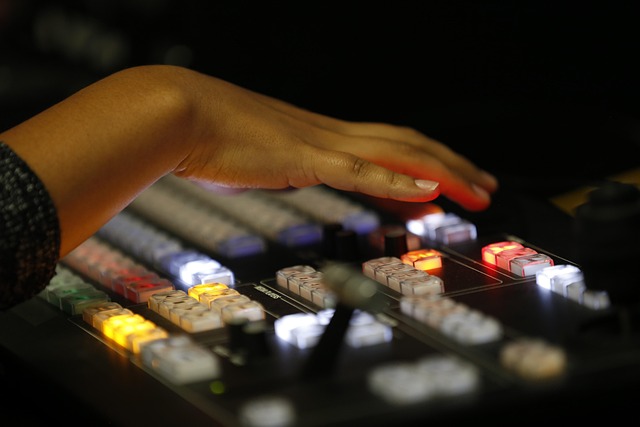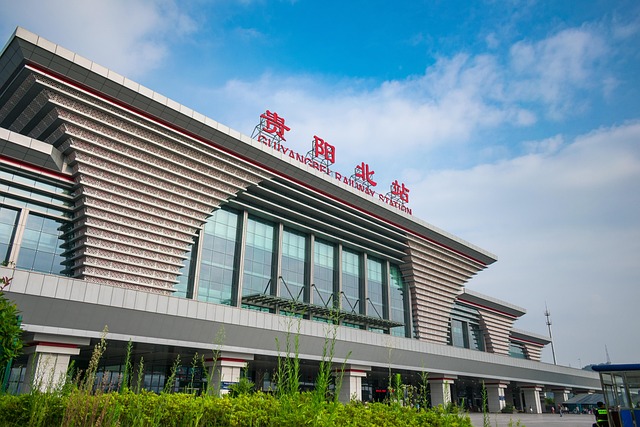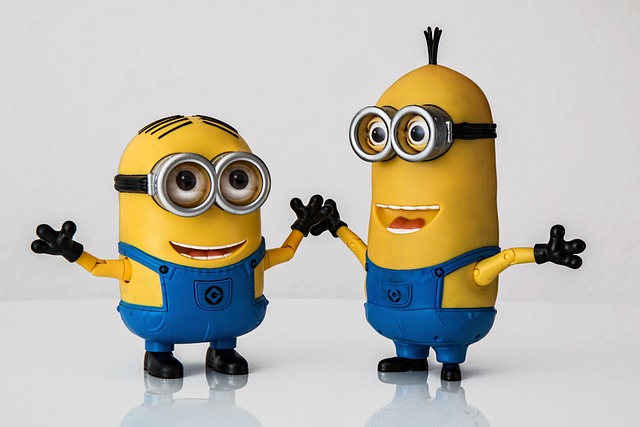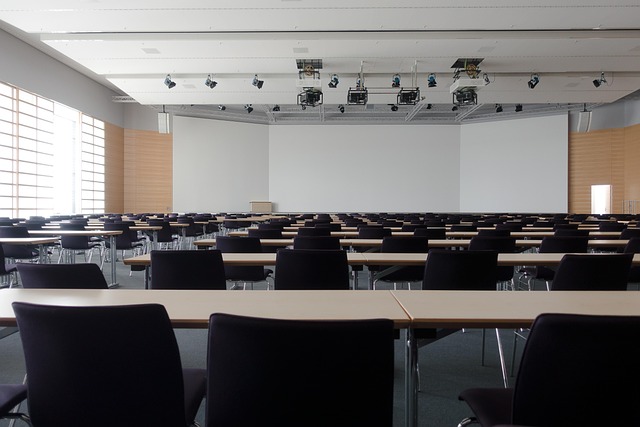
The Evolution of the Director: Shaping Modern Entertainment & Culture
The Evolution of the Director: Shaping Modern Entertainment & Culture
In the realm of cinema, the role of the director has undergone a profound transformation over the years. From the early days of silent films to today’s blockbusters filled with cutting-edge technology, the director is at the helm of it all, steering not just the film but also the cultural narrative of society.
Modern Entertainment Redefined
Today, the director is not just a storyteller; they are a visionary who shapes the viewing experience for audiences around the globe. The evolution of filmmaking has led to a new breed of directors, whose styles and approaches redefine modern entertainment. They use sophisticated techniques, such as virtual reality and intricate CGI, to create immersive experiences that captivate viewers.
Consider directors like Christopher Nolan or Greta Gerwig. Nolan’s ability to weave complex narratives with stunning visuals pushes the boundaries of traditional storytelling. Conversely, Gerwig’s recent works have brought a fresh perspective, focusing on nuanced characters and relatable themes that resonate deeply with today’s audiences. Both encapsulate the diverse approach modern directors take in shaping the cultural landscape.
Cultural Reflection and Influence
The director‘s role extends beyond merely crafting engaging films; they are cultural architects who reflect and influence societal values and trends. Modern cinema serves as a mirror to contemporary issues, such as identity, politics, and social justice. Directors like Jordan Peele and Bong Joon-ho have carved out significant niches by addressing complex themes and sparking conversations that go beyond the screen.
Through their lens, directors challenge audiences to confront uncomfortable truths while also highlighting the power of representation in film. As streaming services gain prominence and diversify their offerings, the opportunity for unique voices to emerge has never been greater. This shift allows directors to explore stories that reflect a broader spectrum of human experience, enriching the cultural fabric of modern society.
The Power of Collaboration
Moreover, the rise of collaborative filmmaking has changed the game. Modern directors are often seen working closely with writers, producers, and actors to create a cohesive vision. This teamwork fosters a rich environment for creativity, allowing diverse perspectives to shape the final product. It highlights the importance of the director as both a leader and a collaborator, someone who orchestrates a multitude of elements to deliver a compelling narrative.
As we witness the transformation of the director in the contemporary landscape of entertainment, it’s clear that their influence extends far beyond the screen. They play a pivotal role in shaping culture and challenging perspectives, ensuring cinema remains a dynamic and integral part of our society. This evolution is not just about film; it’s about the stories we tell and the connections we forge through the art of storytelling.



